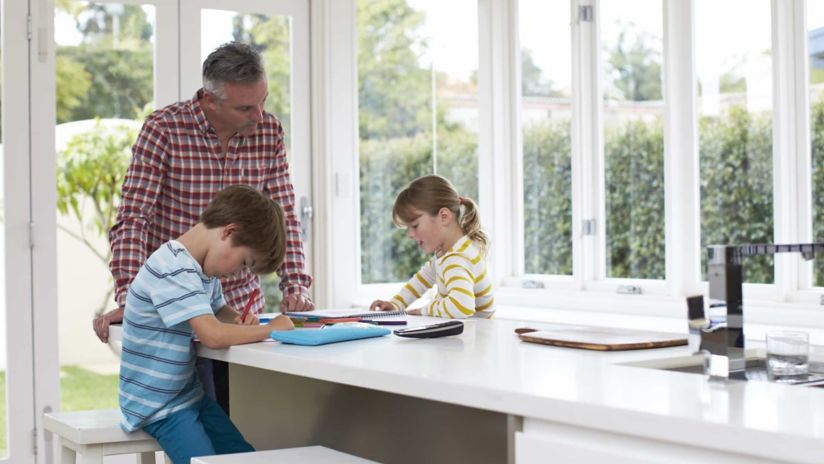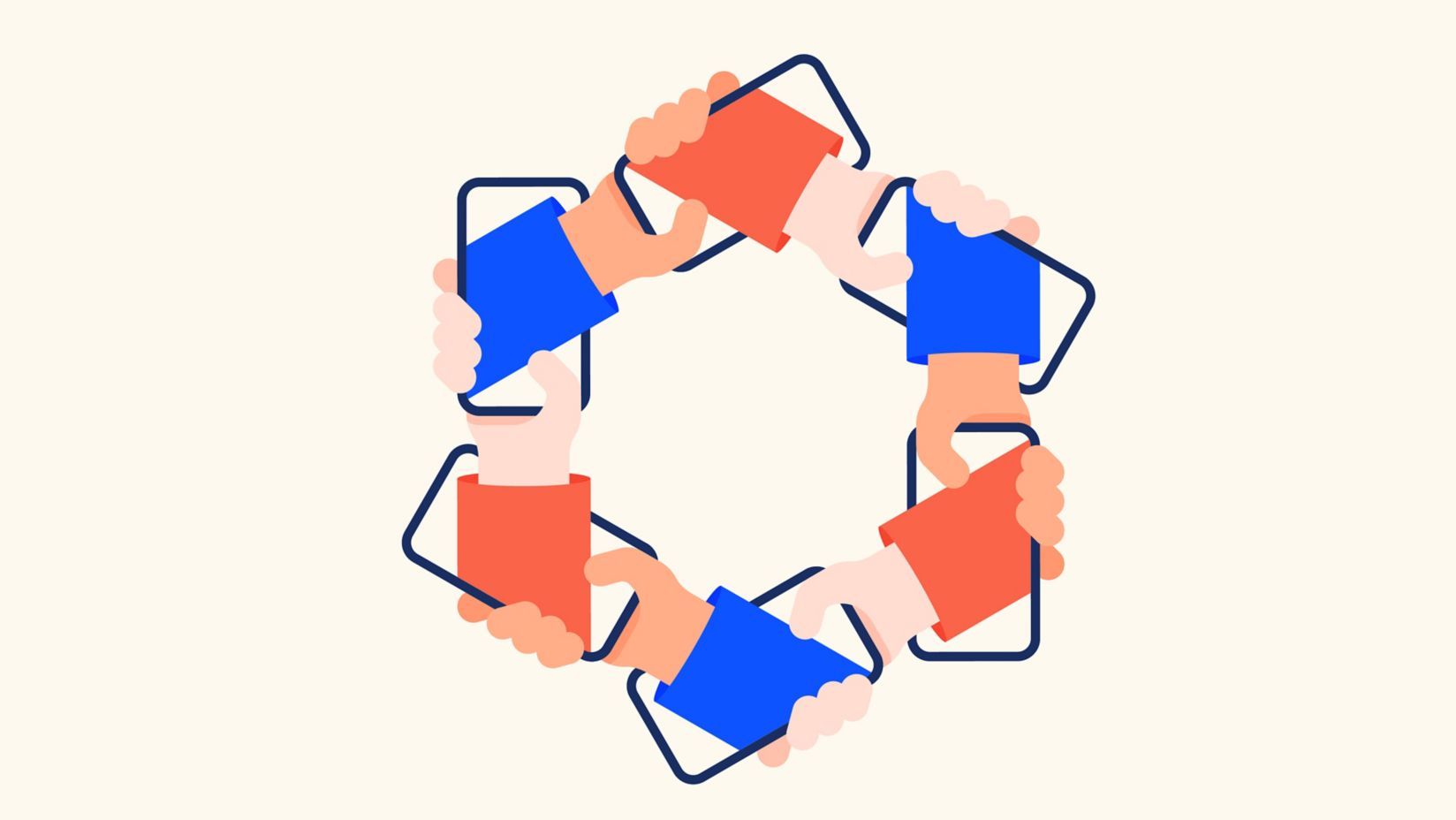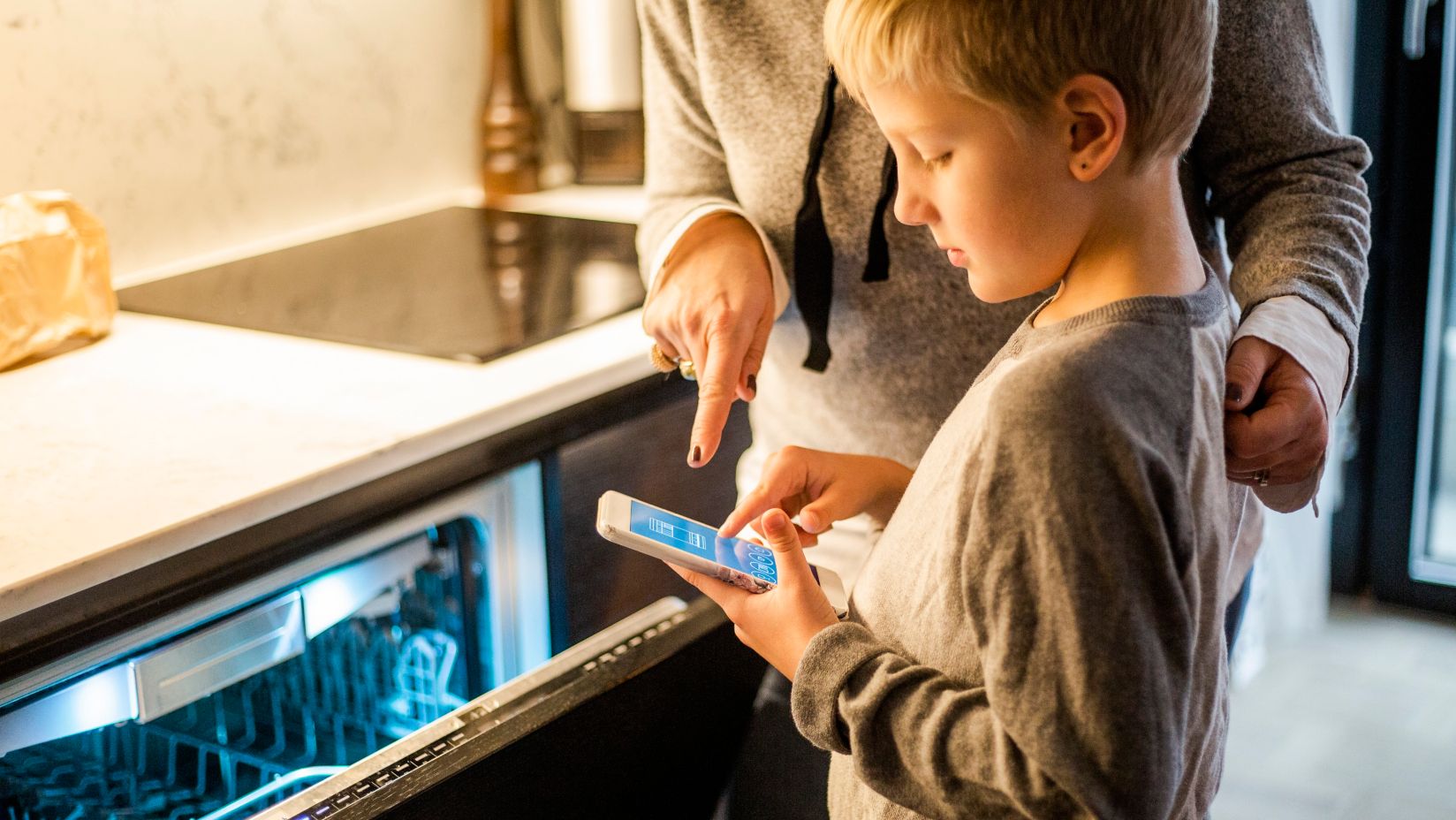Why digital literacy matters for parents and carers
Equip yourself with digital literacy skills to guide your children safely through the digital world.

What is digital literacy?
Digital literacy means knowing how to use digital tools and technologies well. It includes skills like using the internet, sending emails, creating digital content and staying safe online.
We explore the importance of digital literacy for parents and carers, offering practical advice to protect children online, support their education, and foster a healthy digital environment at home.
Navigating any digital landscape starts with the basics
The internet is a fantastic place for learning and fun, but it also has risks. Knowing how to protect your kids online is a crucial part of digital literacy.
Digital literacy isn't just about knowing how to use a computer or smartphone. It includes a range of skills, from understanding online safety and privacy settings to recognising credible sources of information. For parents and carers, this means being able to help your children use technology wisely.
Protecting your kids
The internet is a fantastic resource - but it can also be a dangerous place for children. Cyber bullying, online predators, exposure to inappropriate content, risk of digital addiction and negative impacts on mental health and wellbeing are realities we need to be aware of.
Parents and carers with a good level of digital literacy can set up parental controls, monitor online activities and educate their children about safe online practices.
According to the Australian eSafety Commissioner, 1 in 5 Australian children have experienced cyber bullying, showing the importance of being vigilant in safeguarding your children online.
Tips to help protect your kids:
- Set up parental controls: Learn how to block content with filters and parent controls.
- Educate about cyber bullying: Teach your children to recognise and report cyber bullying. Encourage open communication about their online experiences.
- Use privacy settings: Ensure your kids' social media profiles are private and they know not to share personal information online.
- Trusted resources: Visit eSafety Australia Commissioner for excellent resources about online safety.
Support digital education
Digital literacy isn't just about safety—it's also a powerful tool for learning. With the right guidance, technology can enhance your child's education.
Harness educational tools
Today's educational landscape is increasingly digital. From online classes to educational apps, technology plays a significant role in learning. By understanding these tools, you can help your children engage with their schoolwork in a fun and effective way.
Encourage lifelong learning
Digital literacy isn't just for children. When you embrace new technologies and stay updated with digital trends, you set a positive example for your children. Engaging with educational content together can turn screen time into family time.
Technology can bring families closer together when used mindfully. Digital literacy helps you create a balanced and healthy digital environment at home.
Build your digital skills through our Learning Digital program.
Building stronger family bonds
Technology offers countless ways for families to stay connected. Video calls with distant relatives, family group chats and collaborative online games to name a few. Parents who are comfortable with these tools can enhance family communication and strengthen bonds, even when apart.
Participate in digital activities with your kids
Shared digital activities, like exploring virtual museums or participating in online workshops, create fun and educational experiences for the whole family as well as offering up meaningful online interactions with others.
Tips for keeping family connected:
- Establish screen time rules: This will ensure a healthy balance between online and offline activities. Learn how to balance screen times for families.
- Engage in shared digital activities: Explore virtual museums, play online games, or take an online class together as a family.
- Promote open communication: Regularly discuss online experiences with your children to understand their digital lives better.
Promote responsible digital citizenship
Being a good digital citizen means using technology responsibly and respectfully. Teaching these values to your children is a key part of digital literacy.
Model good behaviour
Children learn by example. By practicing responsible digital habits, like balanced screen time, respectful online communication and critical thinking about online content, you can set a standard for your children to follow.
Teach digital etiquette
Also known as ‘netiquette’, digital etiquette focuses on respectful communication, understanding rights and responsibilities online and the importance of kindness and empathy in the digital world. How to teach kids digital etiquette
Empower for the future
Digital literacy isn't just about the here and now, it's about preparing your family for the future. As technology evolves, being digitally literate will open new opportunities and help your children thrive in an increasingly digital world.
Encourage safe exploration
When children learn digital literacy skills, they can navigate the online world more safely. With these skills, they can identify reliable sources of information, recognise potential online threats and know how to respond to uncomfortable situations. As a parent or carer, fostering these skills protects your children while giving them the confidence to explore and learn in a secure environment.
Strategies include:
- Encourage critical thinking: Show your children how to check the credibility of online sources. Visit the eSmart Media Literacy Lab, where teens can learn critical thinking skills around how they consume and create digital media.
- Open conversations: Create a safe space for your children to talk about their online experiences. Let them know they can come to you if they come across something disturbing or confusing. Telstra and Alannah and Madeline Foundation have partnered to create Digitalk, where you can find conversation cards that can help start open and honest chats about technology and online safety.
Embrace digital literacy
Digital literacy is an essential skill for parents and carers. It helps us to protect our children, support their education, strengthen family bonds, promote responsible digital citizenship and prepare for their future. Becoming digitally literate will allow you to confidently guide your children through the complexities of life online. Embrace the digital world with curiosity and confidence, your children are learning from you every step of the way.
Explore more on this topic

Our Digital Family Hub
Visit us for useful resources and tips on digital literacy and navigating the digital world with confidence.
Explore our tips

